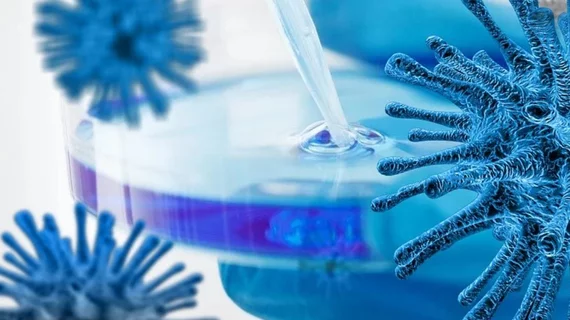Hospitals are already treating COVID-19 patients with common steroid
Hospitals in the U.S. are already using dexamethasone, a commonly known steroid that’s readily available and inexpensive, to treat COVID-19 patients without waiting for confirmation of preliminary results from a British study that found the drug can greatly improve survival.
Researchers from the University of Oxford recently found dexamethasone could reduce the number of deaths by one-third among severe COVID-19 patients. The findings were such a breakthrough the researchers stopped recruiting for the dexamethasone arm of its study, called RECOVERY.
Researchers only released preliminary findings, but hospitals in the U.S. are already using the drug on COVID-19 patients based on those first results, Reuters reported. At the same time, the U.K. has authorized the use of dexamethasone in its state-run health program. Under normal circumstances, U.S. hospitals would likely wait for more data to be published in a peer reviewed journal or for guidelines from medical societies to review risks before taking on a new treatment.
“It almost feels unethical not to use the drug,” Kartik Cherabuddi, MD, an infectious diseases specialist at the University of Florida's medical school, told Reuters.
See the full study below:

